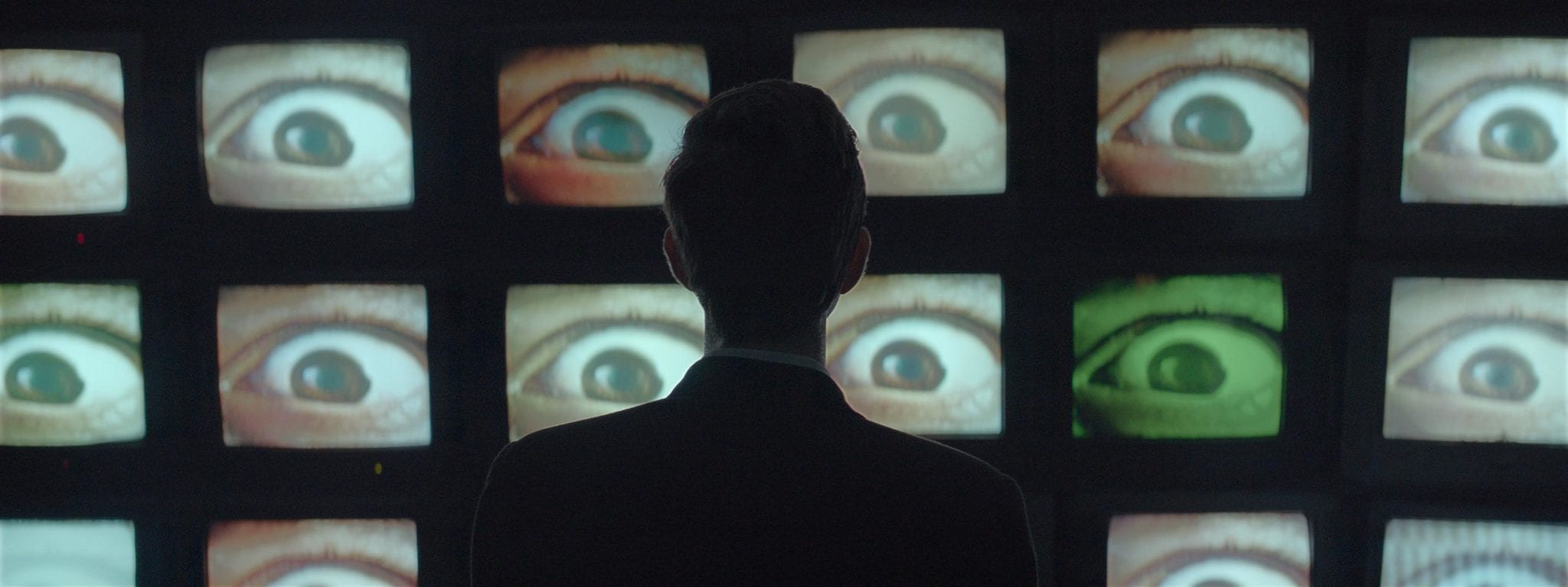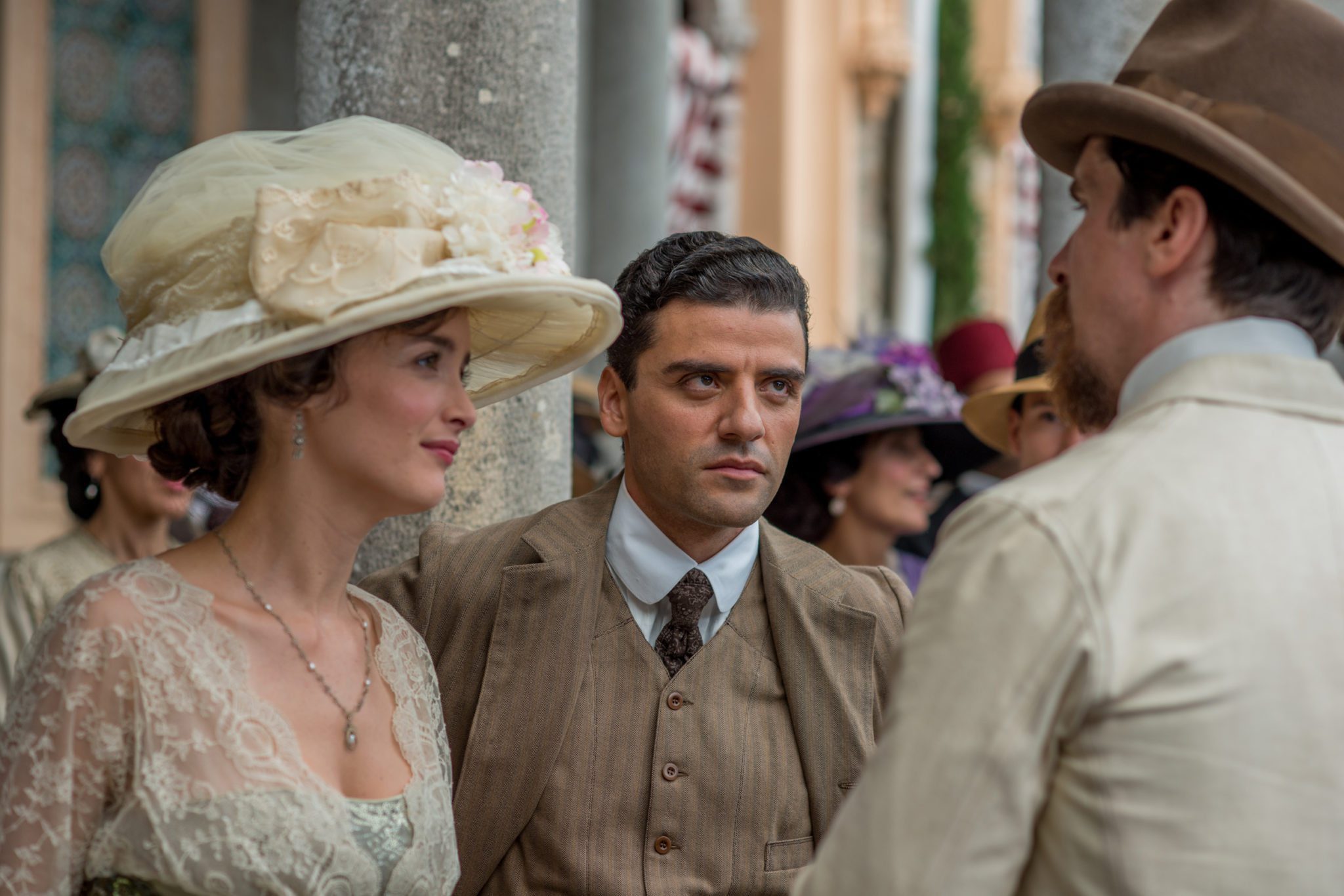
The Antenna – Slimy Political Metaphor
The Turkish horror film The Antenna, directed by Or?un Behram, is more about creepiness that fright. It is also about a world that is trending toward the insidious control of day to day life. The film is set in a mildly dystopic Turkey. Mehmet works as the intendant of an apartment building in a remote…

